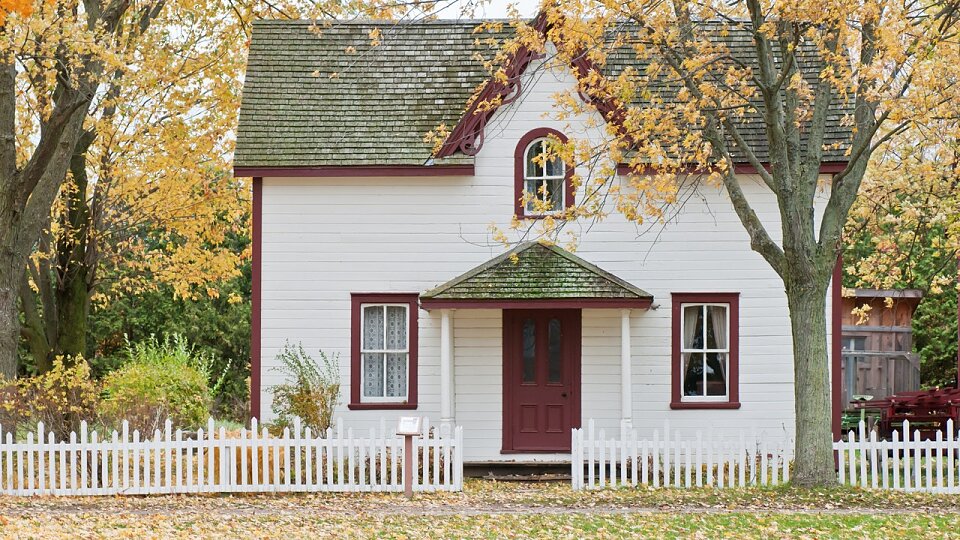Learning about injustice in home financing
Ed Francis, a former board member for Buckner International, originally wrote this column for the Baptist Standard as part of a special series "Justice looks like ..." allowing readers the opportunity to consider justice from numerous viewpoints.
I did not expect to become a mortgage loan originator when I finished my Master of Business Administration degree, and it was not a direct path I took to become one. But I enjoy the work, and I am grateful.
Working in this role, I am required to do annual training about fair lending and equal credit opportunity. For many years, I have been trained to be aware of, and to avoid, discriminatory actions that result in disparate treatment or disparate impact on people of color.
Our training often has introductory comments about the legislation mandating fair lending or equal credit opportunity, but it usually omits any historical detail about the events that led up to the laws being changed.
These courses do not talk about property restrictions that were common for many years, stating a property could be used by “white persons only”—or how the federal government intentionally imposed racial segregation through housing policy.
They don’t explain that home mortgages with subsidized interest rates were readily available to veterans after World War II, unless the veteran was Black.
Nor do they teach about many desirable financing options being available to white homebuyers, while systematically being denied too often to equally qualified Black or brown Americans.
Sadly, this is the history of home financing and home ownership in America.
I have learned these details from reading, discussions at the workplace, and recently, as I have been a part of conversations prompted by headlines of current injustices. It is not usually the story of an isolated incident of long-ago injustice, but rather the widespread and current injustices that have caught my attention.
Today, thankfully, we have much more just laws governing housing finance. How much work is left to be done to make homeownership equitable for all people is a worthy topic for another time. My current thoughts are about these histories and the generative conversations that are possible when we, who are followers of Christ, are learning, growing and working for change.




Add a Comment